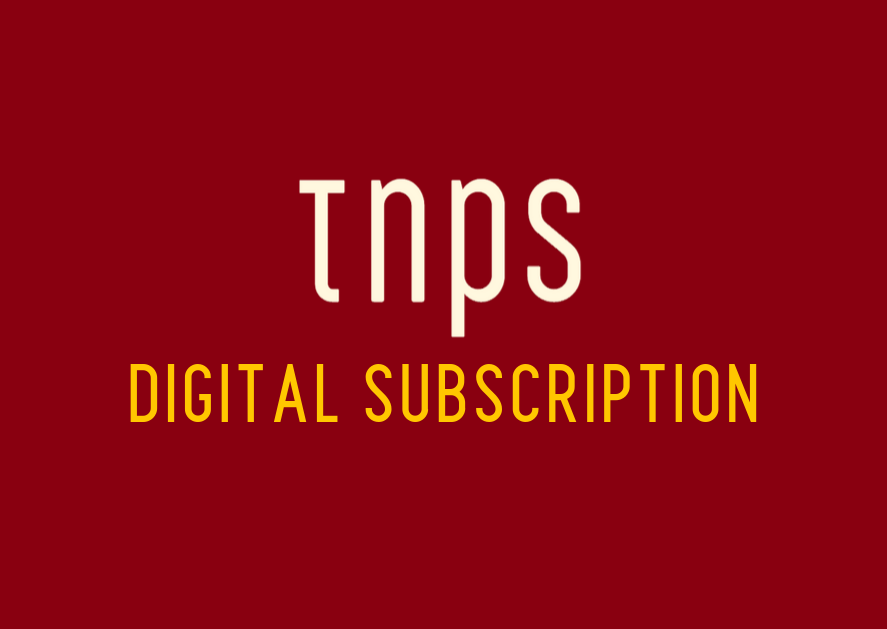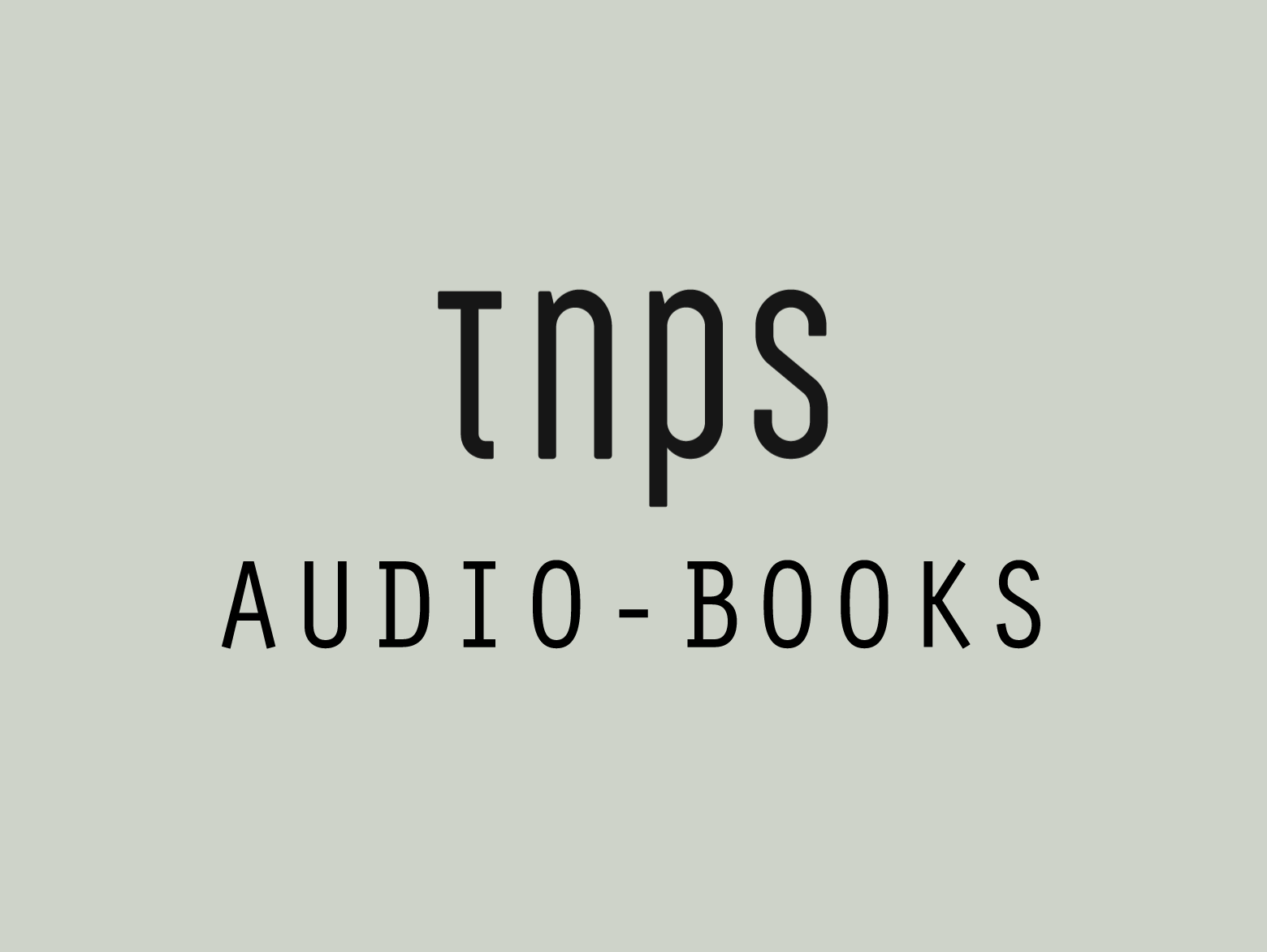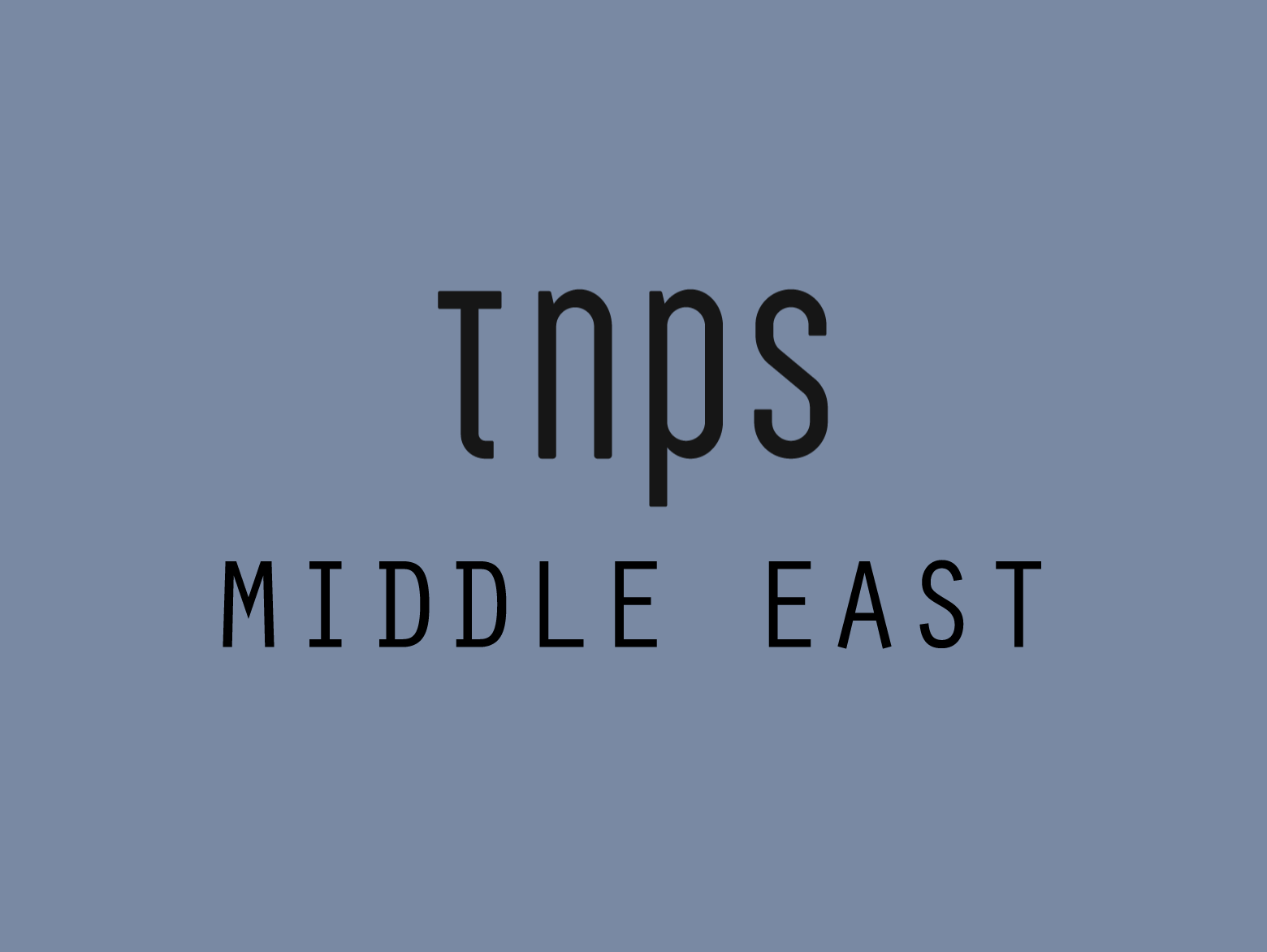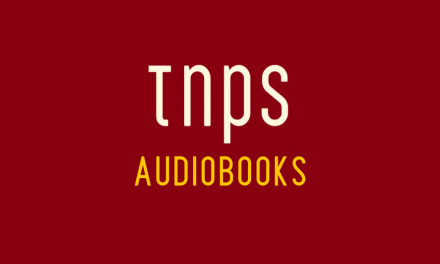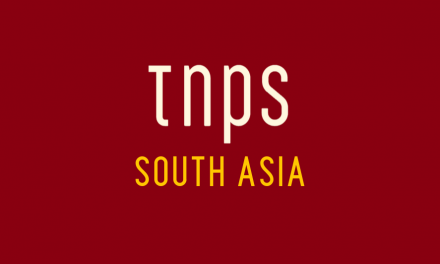Author Jørn Lier Horst moved to Strawberry publishing house Capitana, and went from having titles on one platform to being widely available. He experienced a huge economic upswing. ”It was like a revelation when I saw how much larger market share Storytel had, and what it meant to me.”
Rather undermining the popular myth that authors cannot make money with unlimited subscription services, seven high-profile Norwegian authors have hired a lawyer to ensure their books are on more unlimited subscription platforms to raise their earnings.
The debate strikes at the heart of the faux narrative in the Anglophone publishing arena – and especially among self-publishers – that unlimited subscription means earning less.
I took a deep dive into this debate back in September –
– where the key point was that indie authors signing up to Amazon’s Kindle Unlimited and then complaining about low returns had only themselves to blame. Put simply, by signing up to KDP Select to be in Kindle Unlimited indie authors forego income everywhere else due to Amazon’s insistence on exclusivity. (And that’s before we even begin to think about the need to pay Amazon for visibility using Amazon Ads.)
In Norway it’s not so much a demand for exclusivity as that audiobook publishers are keeping content to their own platforms to attract consumers. For publishers the compromise is that they forego sales/downloads on other platforms, but the sheer volume of titles they field makes that worthwhile. For authors, not so much.
Seven Norwegian authors, Jørn Lier Horst, Unni Lindell, Anne B. Ragde, Vetle Lid Larssen, Thomas Enger, Tom Kristensen and Tom Egeland, are arguing that their publishers Cappelen Damm, and Gyldendal and Aschehoug are costing the authors money by not allowing their books to be more widely available, in contradiction of Norway’s publishing regulations designed to protect the industry.
Norway is in the unusual position of publishers owning unlimited distribution platforms. Authors with Aschehoug and Gyldendal which owns Cappelen Damm that runs the subscription service Fabel) are having their titles excluded from rival Storytel Norway, jointly owned by Cappelen Damm and Sweden’s Storytel. A third and much smaller player in Norway is Ebok Plus, owned by Vigmostad & Bjørke.
Author Tom Kristensen told Norway’s VG:
Here, there are two major players owned by the largest publishers, and which exclude each other’s authors. They have used us in a competition game. We lose millions of kroner on that. Now that’s enough.
While Unni Lindell said:
Publishers hold back for their authors how much they actually lose by not being on both platforms. They also hold back that they actually have a duty to deliver to all platforms – in the same way as they have a duty to deliver to all bookstores.
This a reference to the Norwegian Book Act that says a book must be available in all bookstores, regardless of ownership of the store.
But according to the Norwegian Writers’ Association only 20 titles have been exchanged between Storytel and Fabel in 2020.
So as it is today, Unni Lindell’s books published by Aschehoug and Jørn Lier Horst’s books published by Gyldendal are readily available on Fabel, but not on Storytel Norway.
When Jørn Lier Horst moved to Strawberry publishing house Capitana, and went from having titles on one platform, Fabel, to being widely available, he experienced a huge economic upswing. Horst said,
It was like a revelation when I saw how much larger market share Storytel had, and what it meant to me. 77 percent of the revenue from streaming came from Storytel and 23 from Fabel. As a Gyldendal or Aschehoug author, you can easily take the amount you earn on Fabel and multiply it by four. In other words, if you earn 100,000 on streaming on Fabel, you will simply earn 400,000 kroner just by being available on both streaming services.
In what seemed like an elegant solution, several authors have decided to call in their contracts, if of five years or older. They have had their titles re-narrated and have put them out on all platforms. Jørn Lier Horst, for example, has had 21 old book titles re-recorded.
But the original publishers are not best pleased, are disputing the contract annulations, and arguing they still have audio rights, putting Storytel Norway in an impossible situation. Now the newly re-recorded titles are in limbo.
Storytel Norway Country Manager Håkon Havik told VG that the company was not taking sides, but needed legal clarification to allow the titles on the Storytel platform.
Storytel initially wanted to include these titles – but after receiving information from the Publishers’ Association and their lawyer that this is not legitimate, we chose to wait. Storytel is not a party to the case, but perceives it as a serious dispute over publishing rights.
And in a statement to the Norwegian Publishers Association Storytel has said:
Storytel does not want to get into a situation where we are potentially left with compensation claims for having included intellectual property to which the publisher has no rights, and has chosen this line vis-à-vis both parties in this case. In other words, we do not include the titles in question from any of the affected parties until it has been clarified who the actual publisher is.
But in a further development Storytel and Fabel have signed a new agreement that will allow further exchange of titles between the two competing services.
Ann-Kristin Vasseljen, Publishing Director of Lydbokforlaget, the publisher behind Fabel, said:
This agreement has taken a long time to negotiate, because the field is difficult and it has been important to ensure good terms for the licensees. We believe that the agreement we have now reached will also be to the clear advantage of the authors.
For Storytel, Havik noted that there are a number of audio books by Jo Nesbø on Storytel, and that Fabel has audio books by Vigdis Hjorth, and that the new agreement with Lydbokforlaget will allow Storytel to offer more audiobooks previously only available on Fabel.
Norway’s publishers have already come under fire for alleged price-fixing, as reported by TNPS here.
That matter has yet to be concluded, with November 24 set as the date for the matter to move forward.

